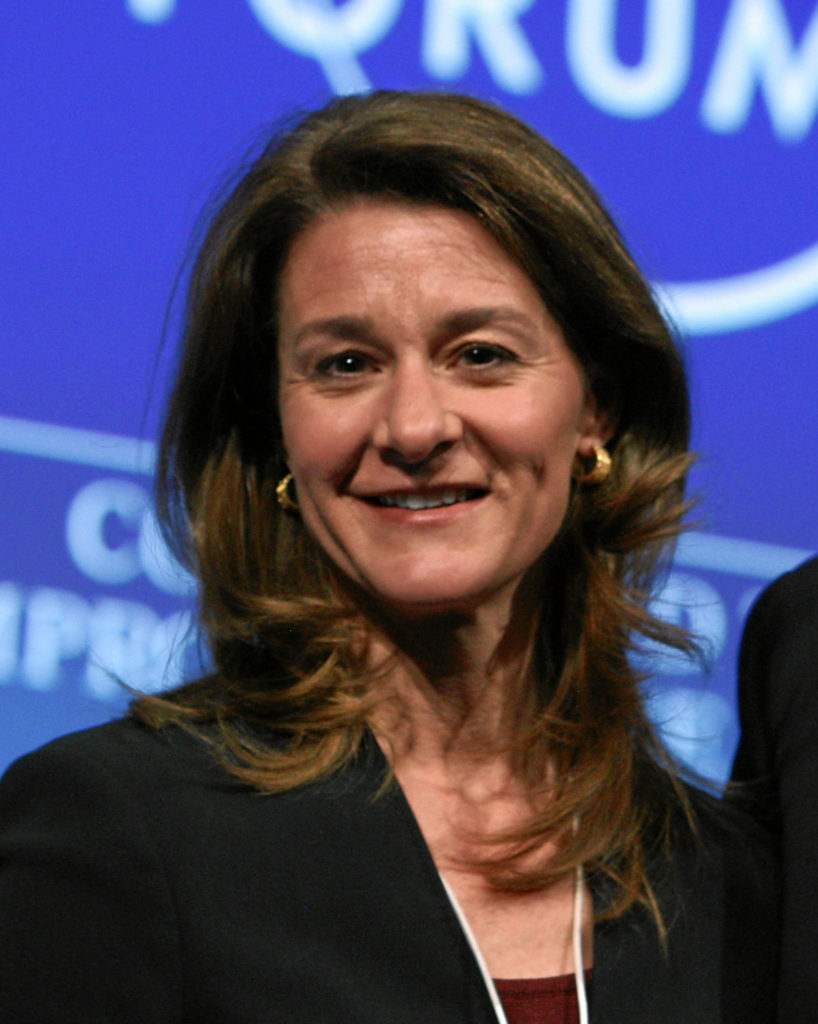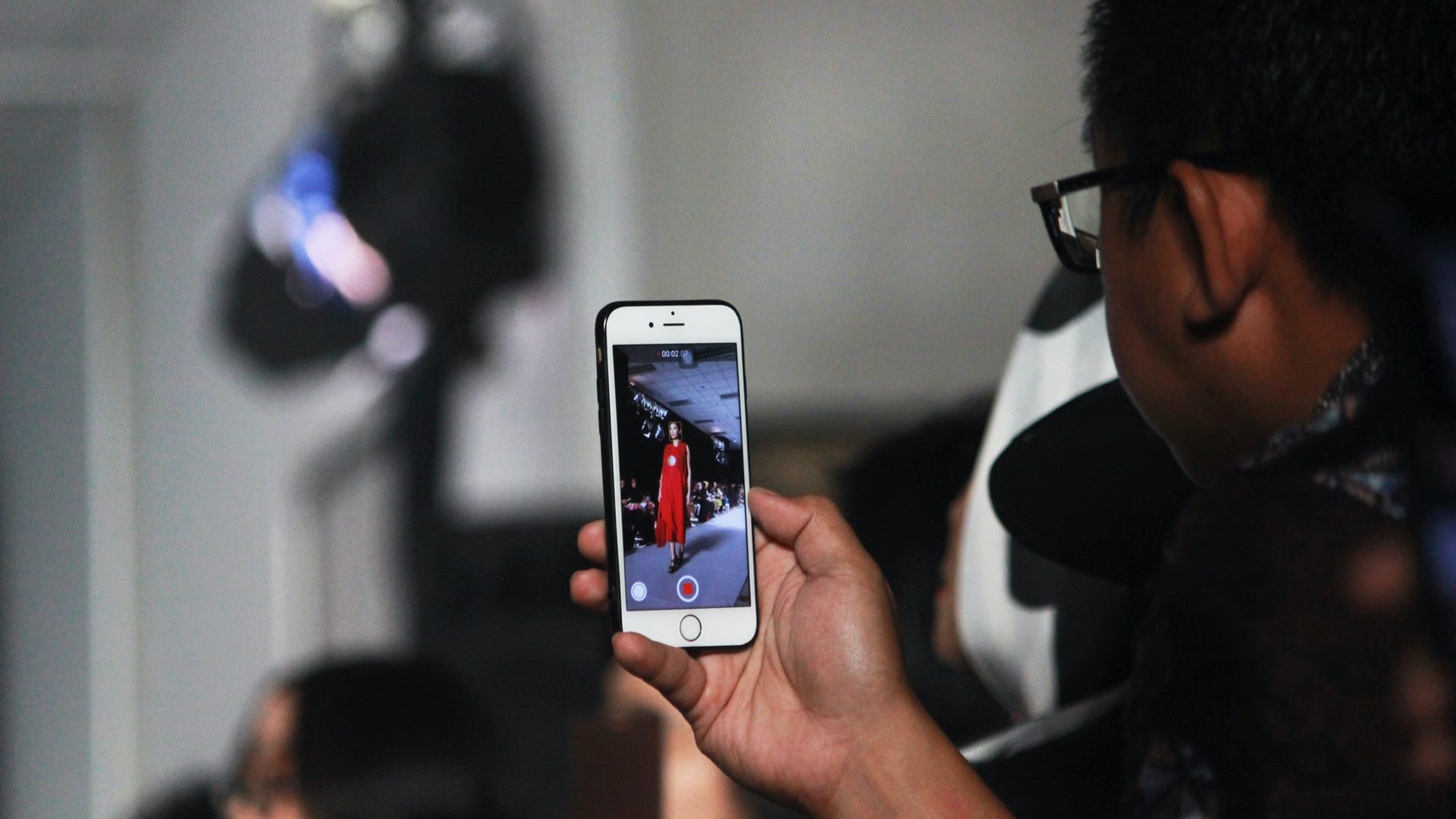
This article is a summary of what was published in Macrotrends 2021 by Harvard Business Review Italia.
of Melinda Gates
So far the progress of the status of women in work has been slow, but for some time something important has begun to move around the world. And for the future the basic objective must be to "Expanding the power and influence of women in society".
Things change but not fast enough or fast enough. Over 10 years ago theEconomist he wrote with satisfaction that in America women were now crossing the symbolic threshold of the 50% of the workforce, on the way to becoming the majority. A declaration of victory that, on balance, has always seemed premature to me. Even though in 2010, American women actually crossed that 50% threshold, e currently represent 49.81TT1T of the workforce non-agricultural, the same old inequalities continue to exist. They continue to earn less than men, have fewer career prospects and count less in decision making.
In almost all aspects of life - in America and elsewhere - it is almost always men who set the policies, to allocate resources, to manage companies, to define markets and to determine which narratives to emphasize. Meanwhile, the improvements achieved by workers have hardly ever extended to all women. Traditionally the most marginalized women - women of color, poor women, lesbians and transgender women - are still trapped in low-wage jobs, excluded from managerial roles and particularly exposed to gender-related harassment and violence.
The Gender Gap Index of the World Economic Forum measures gender equality based on the representation of women in the workforce and public administration, as well as health and education level. According to the WEF forecasts, at the current pace of change, the United States will have to wait another 208 years to achieve full gender equality (compared to 51 in Canada and 74 in the UK). Despite the slow progress made - or perhaps because of it - something important has begun to move around the world. Women share their stories, protest, strike, run for elective roles and increasingly win elections. The media amplify the rumors and ask embarrassing questions to the institutions that continue to keep them out. Business leaders today must demonstrate that their businesses care about gender equality and are determined to be part of the solution. Global leaders are expecting answers on the future employment of women and girls.
The new focus and new social sensitivity surrounding gender equality make extraordinary progress possible and justify the setting of bold and ambitious goals. We deceive women if we self-limit our aspirations. Aiming for equality in the workforce is not enough. It is also not enough to try to tackle complex problems such as harassment and pay inequality in a piecemeal way - without realizing that they are part of a larger whole. To take full advantage of this opportunity, we need to carefully define our goals.
I believe our underlying goal should be expand the power and influence of women in society. I mean power and influence as the ability to make decisions, control resources and promote prospects. It is something that women should exercise in their homes, in their workplaces and in their communities. I am the first to recognize that "power and influence" are not words traditionally associated with women - and they are not words that all women associate with themselves. And I have no problem admitting that, given my family's wealth (Melinda is the wife of Bill Gates of Microsoft, Ed), I can access certain forms of power and influence that very few people have. Still, I use these words, even if they are imperfect and imprecise, because they are the best means I know of to describe what men have always had unlike women.
Expanding women's power and influence will take many things - first and foremost, a strategic capital and stakeholder collaboration. If we want to see results, more philanthropists, more venture capitalists, more companies and more policy makers must be willing to invest in gender-focused interventions. They must also be willing to work together, both among themselves and with others who have already mobilized - in America, for example, with organizations that have been working on these issues for years and with the more than 4 million women who have 2017 participated in demonstrations against gender inequality in 600 major cities.
Our research shows that new investments and new energies should be channeled on three high impact intervention strategies:
- dismantling of the barriers that most hinder the work progress of women;
- reinforcement the presence of women in the sectors that most affect our society;
- intensification external pressure on institutions that can change the status quo.
With this tripartite strategy, we can accelerate progress and achieve measurable results by 2030. How does success work? We envision a future where women will create a greater share of content in our media, entertainment and public debate; they will be more numerous in profitable and fast-growing sectors, where they will get deserved promotions; they will hold more senior management roles in the public, private and social sectors; and they will share more equally with men the care of children, the disabled and the elderly.
In essence, a future in which more and more people will be willing to empower women and have more influence over our society.
Melinda Gates is co-chair of the world's largest philanthropic organization, the Bill & Melinda Gates Foundation, which focuses on global health, public education and women's rights on an international scale.
The Gates Foundation
With over 50 billion assets across five continents, the Bill & Melinda Gates Foundation it is considered the largest private foundation in the world. Launched in 2000 by Mr and Mrs Gates, the Foundation has as its primary goals globally to improve healthcare and reduce extreme poverty and, in the United States, to expand educational opportunities and access to information technologies.
The Foundation supports the right to family planning and promotes the spread of gender equality, in which Melinda is directly and intensely committed. Other objectives concern medical research, the fight against AIDS and malaria and the improvement of living conditions in the third world.
The Foundation also funds the Sustainable Development Solutions Network (SDSN), founded in 2012 by former UN secretary Ban Ki-moon and headed by economist Jeffrey Sachs.
Photo de World Economic Forum - Cropped from File: Bill & Melinda Gates, David Cameron - World Economic Forum Annual Meeting 2011.jpg, original source Flickr: Bill & Melinda Gates, David Cameron - World Economic Forum Annual Meeting 2011, CC BY-SA 2.0, go Wikimedia Commons






